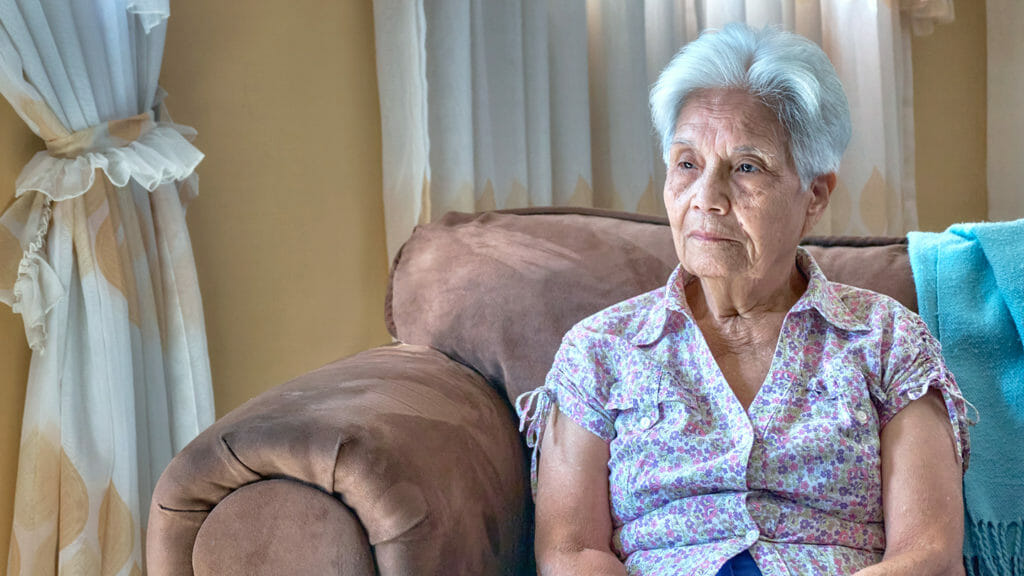
Social isolation is common among older adults in the United States — experienced by one in four of them — and increases the likelihood of developing dementia, according to the results of a new study.
Among 5,022 participants in the National Health and Aging Trends Study, almost one-fourth (23.3%) indicated that they were socially isolated. That isolation was found to be associated with a 28% higher risk of developing dementia over nine years, regardless of race or ethnicity, according to the study published today in the Journal of the American Geriatrics Society.
Researchers from the Johns Hopkins Bloomberg School of Public Health said it is the first longitudinal study to investigate potential racial and ethnic disparities and their association between social isolation and dementia prevalence.
The findings, they said, could support screening for social isolation in clinical settings and the design of interventions to increase social connectedness to prevent or delay dementia.
“Social connections are increasingly understood as a critical factor for the health of individuals as they age. Our study expands our understanding of the deleterious impact of social isolation on one’s risk for dementia over time,” corresponding author Thomas K.M. Cudjoe, MD, MPH, of Johns Hopkins University School of Medicine, said in a statement. “I hope this serves as a wakeup call for all of us to be more thoughtful of the role of social connections on our cognitive health.”
Researchers reported a strong link between social isolation and several physical and mental health risk factors for dementia, including hypertension, coronary heart disease and depression. They also noted that a lack of social engagement can lead to reduced cognitive activity, and that socially isolated older adults may not benefit from social resources that maintain health and prevent poor health outcomes.
The COVID-19 pandemic shined a light on the negative implications of social isolation on older adults, making healthcare practitioners and policymakers increasingly aware of the “burdensome nature” of the problem.
This study was funded through grants from the National Institute on Aging and the National Institute on Minority Health and Health Disparities.


